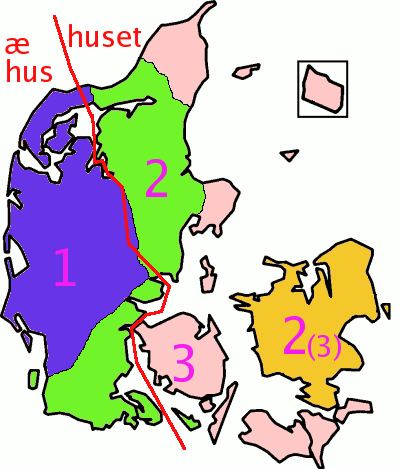By the 1200s grammatical genders had collapsed in all English dialects and all definite articles was just reduced to "the."
In Old English as in modern Germanic languages there were different versions of "the" depending on the gender and then there's gender neutral:
Example the masculine form is "Se." The Femine is "Seo" Gender neutral is "paet" (pronounced "thaet" in the old English alphabet ) and plural Pa (tha)
And things go on in the accusative, genitive and dative.
Anyway has anyone wondered what those would sound in modern English today if it had retained its grammatical genders. This is an interesting video of how English grammatical genders might have evolved had they survived through the centuries.
A hypothetical alternate modern English sentence today: "Tho folk are in thome housem." (The people are in the houses.)
In Old English as in modern Germanic languages there were different versions of "the" depending on the gender and then there's gender neutral:
Example the masculine form is "Se." The Femine is "Seo" Gender neutral is "paet" (pronounced "thaet" in the old English alphabet ) and plural Pa (tha)
And things go on in the accusative, genitive and dative.
Anyway has anyone wondered what those would sound in modern English today if it had retained its grammatical genders. This is an interesting video of how English grammatical genders might have evolved had they survived through the centuries.
A hypothetical alternate modern English sentence today: "Tho folk are in thome housem." (The people are in the houses.)
